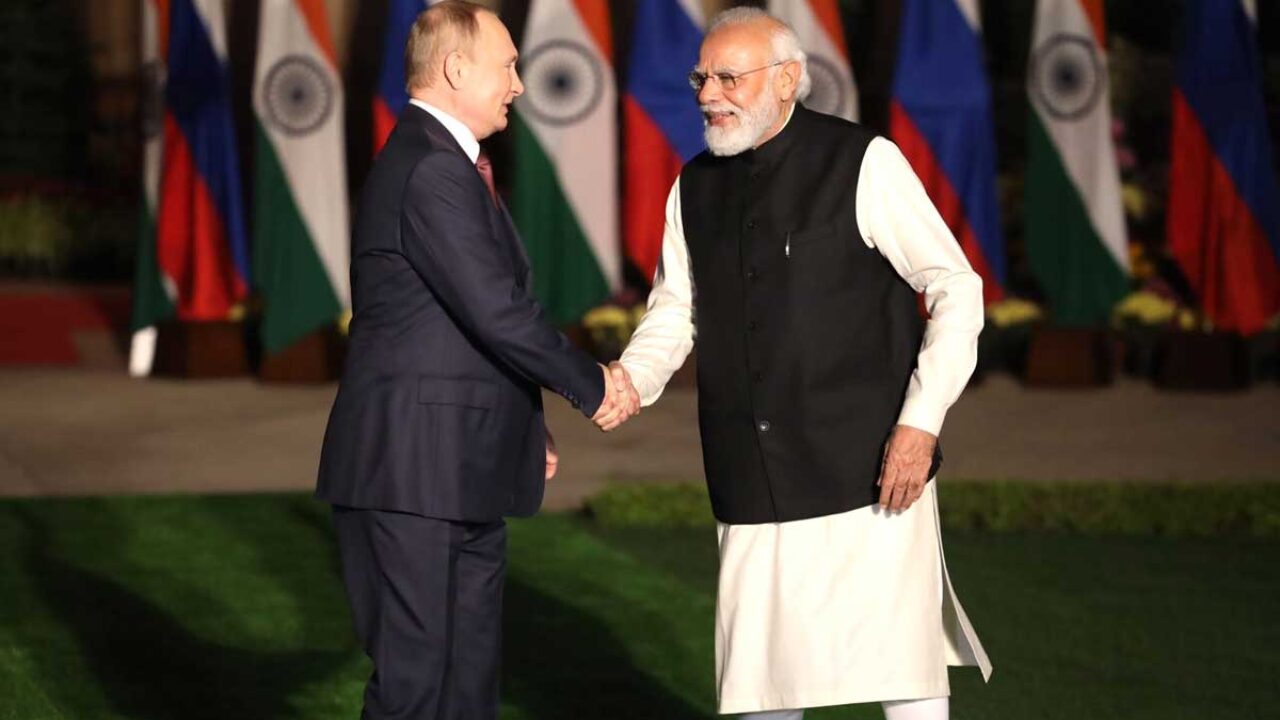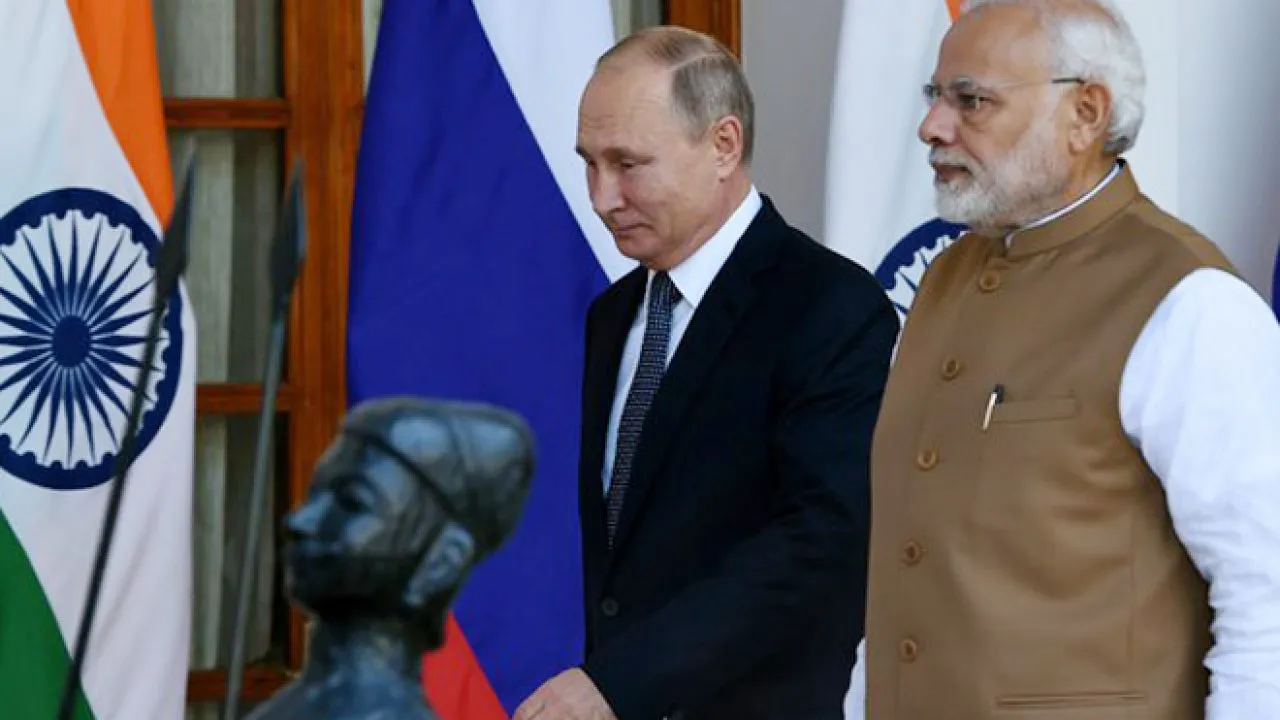India’s foreign policy tenets have been vindicated by the Ukraine crisis in 2022

India’s foreign policy tenets have been vindicated by the Ukraine crisis in 2022
For decades, the question has been raised, “Will Asia’s future be like Europe’s past?” as a metaphor to warn Asian leaders to learn from European disasters a century ago. We could be inclined to restate that question now, wondering if Asia’s future will be similar to Europe’s current state.
The notion of managing power transfers and reconstructing an order once the balance of power has dramatically shifted is at the heart of the European crisis. Without going into detail, let’s say that the conclusion of the Cold War did not open the way for the other side to be accommodated in the post-war settlement.
Indeed, the framework was one-sided, with the main interests of the so-called “defeated power” — Russia — being overlooked. However, during the last decade, the power balance, particularly the military balance, has shifted to the point where US and EU-defined security ideals for the European continent have become untenable. This zero-sum situation has been brewing for 15 years, and the warning signs were ignored until the February explosion.
Insights for the Indo-Pacific

The first lesson is that the design of security architecture and the concept that underpins a single set of governments cannot monopolize it. The emerging powers, as well as the incumbent powers, share responsibilities for establishing a stable system.
We have foreign offices, historians, and strategic communities that see when strategic restraint is sensible or when standing strong or mutual accommodation is the best option.
Even the United States has reluctantly acknowledged India’s freedom to pursue its interests.
In contrast to Europe, Asia’s security architecture is a patchwork of disparate and often contradicting ideas, concepts, and networks. As a result, we have traditional military alliances with one leader and multiple followers who have agreed to give up strategic autonomy in exchange for security assurances and participation in a closed security community.
We also have narrower security agreements or partnerships that do not require governments to define past commitments or integrate their military institutions and forces into an interoperable network.
Then some neutral nations or entities have decided to cultivate favourable relationships with the significant contending powers while pursuing foreign policies that do not reflect any multiple power centres’ ideological prism. Finally, bigger governments like India follow independent foreign and security guidelines that allow bilateral and multilateral engagement in various networks and organizations.
It was assumed that Asia would be held back by the lack of a European-style security infrastructure for decades.

It now appears that Asian diversity or complexity may improve the chances of establishing a genuine, stable, and dynamic system capable of achieving equilibrium among the key participants.
When we recognize that extensive economic interdependence between so-called rival powers like the United States and China, or China and the European Union, will not go away and that organic and state-driven connections built over decades within the Indo-Pacific will continue to evolve and impact the fate of economies and peoples, the case for an imaginative order-building process becomes even more vital.
India’s vision

According to some analysts, developments in Europe have severely complicated India’s foreign policy, if not wholly upended. Only those who have imagined India as a western sentinel or future Asian frontier state would get to this conclusion. The crisis, on the contrary, has validated India’s fundamental foreign policy beliefs, the most important of which is the capacity and conviction to pursue relationships with powerful nations that may be in rivalry with one another.
Despite its public criticisms, the Biden administration has reluctantly recognized that India would maintain cordial relations with Moscow while cooperating with the United States. This realpolitik approach is both natural and reasonable in a multipolar world.
India’s primary interests today are to maintain a stable balance of power in Asia, deepen ties with all of China’s periphery states, develop new lines of communication and connectivity to continental Eurasia, maritime Southeast Asia, and the Russian Far East, to promote a reformed geoeconomic system of trade and investment with adequate safeguards to pursue domestic modernization and industrialization goals and to invest in a diverse financial and digital design.
As can be seen, this is not a Cold War vision or a “great game” that divides the globe into blocs, and it’s about promoting an Asia that is distinct from Europe’s past and present.




